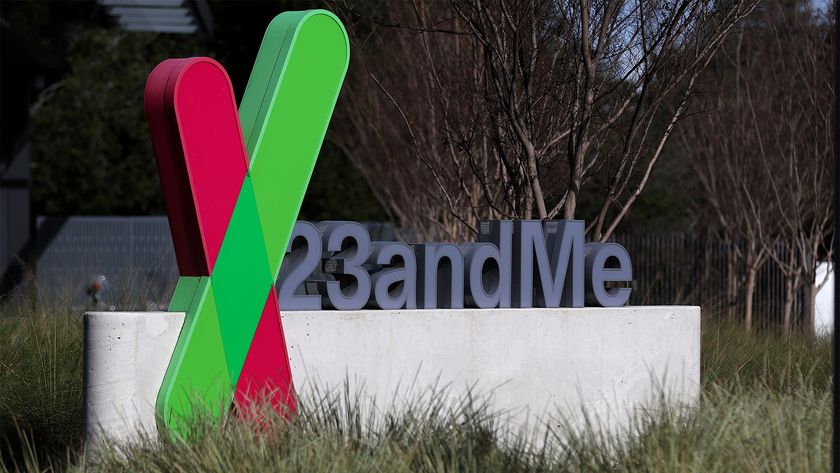Has the cookie crumbled?
A new directive comes into force from the EU meaning significant changes in the way websites work with cookies. Simon Brew tries to make sense of it all...
Then there is a swathe of people who have no idea what a cookie is. That, more than likely, accounts for the vast bulk of internet users, who will perhaps be wondering what the fuss is about.
Yet, those who have been on the wrong side of cookie abuse will know all too well just what the issue is here. Firms have abused the technology, with persistent cookies lying on machines long after a session has finished, tracking information (mainly harmless information, to be fair), and feeding it back to the company that put in there in the first place. Furthermore, there are many who complain about the abuse and sharing of this data.
Those who have been on the wrong side of cookie abuse will know all too well just what the issue is here
Not surprisingly, some haven't been keen on this practice, in particular the idea it was done without explicit consent. The overriding problem with cookie usage for some is no permission is ever granted and most users don't even know they're there. More than that, in some cases, certain reputable websites won't even let you use them properly if you do not enable cookies in your browser.
Web browsers have, for a long time, bundled in the option to block cookies, or at the very least to confirm each and every cookie that's placed on your machine. However, this has a habit of making the web borderline unusable.
Also, given that mobile browsers are increasingly prevalent without such blocking options, the ICO has quickly moved to suggest relying on a browser will not assume compliance with the new regulations.
Get the ITPro. daily newsletter
Sign up today and you will receive a free copy of our Focus Report 2025 - the leading guidance on AI, cybersecurity and other IT challenges as per 700+ senior executives

















